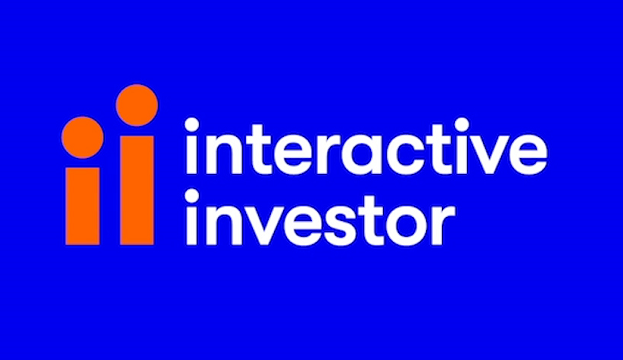What should investors consider when a long-serving manager steps down?
Our fund analyst says what to consider when a veteran manager's tenure ends.
17th September 2020 16:36
by Myron Jobson from interactive investor
Our fund analyst says what to consider when a veteran manager's tenure ends.

After 20 years, Tom Dobell is stepping down as manager of the £1.4 billion M&G Recovery Fund after an extended period of poor performance.
interactive investor comments on some of the issues investors may want to consider when a long serving manager steps down, as well as some thoughts on an alternative UK recovery fund option.
Teodor Dilov, Fund Analyst, interactive investor, says: “Plain luck can propel managers over the short term, but those who are able to deliver consistently strong returns over the long term, through different economic cycles clearly demonstrate real nous which is difficult for investors to ignore. The departure of such a fund manager is therefore a difficult pill for investors to swallow, but they can take solace in the fact that departures seldom happens overnight, and succession plans are usually put into place in advance to ensure a smooth passing of the baton.
“When a long-serving fund manager leaves after an extended period of unsatisfactory performance, which is arguably the case here, investors still have the ‘stick or twist’ decision to make – and whilst a new pair of hands may be reassuring, there are never any guarantees and there’s no need for loyalty when it comes to your own investments. Whilst there’s absolutely no need to rush or panic, it could be a good excuse to take another look at your portfolio – are there any other UK funds that are delivering on cost and performance?
“Does the funds’ strategy and portfolio composition still suit your objectives, or are there more appropriate alternatives? Moreover, you might want to use this manager change as an opportunity to revaluate your UK exposure, at a time when investors are increasingly favouring a global approach with funds and trusts? If you have a disproportionate number of UK-focused funds and stocks, it could be a good time to re-evaluate, particularly in the current climate.
“For a UK alternative fund with a ‘recovery’ focus, we like River and Mercantile UK Recovery Fund. This fund has a very well-diversified portfolio of 290 stocks, with one third of assets featuring in the largest constituents of the UK stock market. Hugh Sergeant, manager since its launch in 2008, has an impressive track record over three decades of investing.
“The fund invests in recovery stocks – good businesses that are currently experiencing below-normal profit levels – which are depressing their valuations. To warrant inclusion in the portfolio, a company must have capabilities to help itself out of this predicament. Sergeant adds holdings at fire-sale prices in volatile times. This increases the possibility of long-term capital gains, as well as a performance profile that deviates significantly from the benchmark FTSE All-Share index.
“All that said, investors shouldn’t necessarily rush to sell out of a portfolio once the long serving made hangs up their boots. In most cases, behind a good fund manager lies a very capable investment team whose insight form the foundation of the manager’s convictions, underpinned by a stringent investment philosophy which isn’t moulded by the fund manager alone.”
These articles are provided for information purposes only. Occasionally, an opinion about whether to buy or sell a specific investment may be provided by third parties. The content is not intended to be a personal recommendation to buy or sell any financial instrument or product, or to adopt any investment strategy as it is not provided based on an assessment of your investing knowledge and experience, your financial situation or your investment objectives. The value of your investments, and the income derived from them, may go down as well as up. You may not get back all the money that you invest. The investments referred to in this article may not be suitable for all investors, and if in doubt, an investor should seek advice from a qualified investment adviser.
Full performance can be found on the company or index summary page on the interactive investor website. Simply click on the company's or index name highlighted in the article.